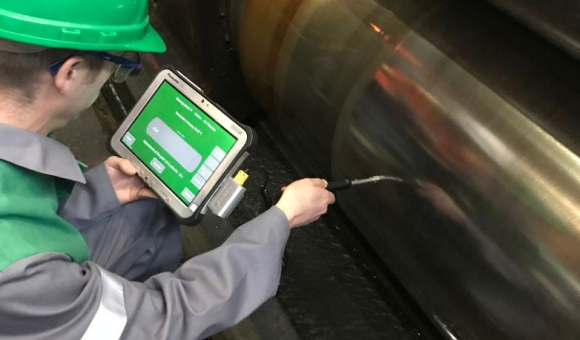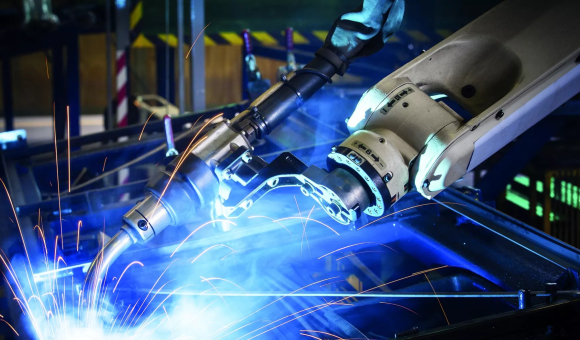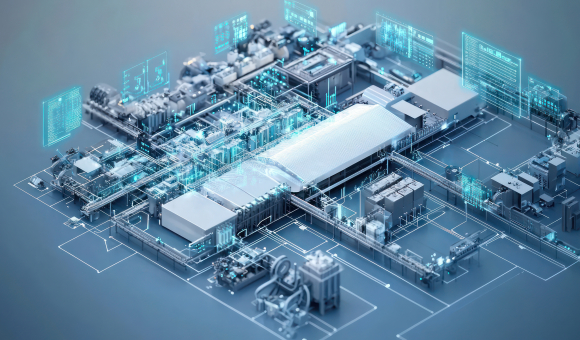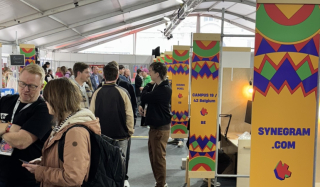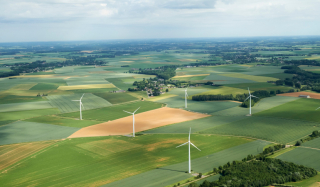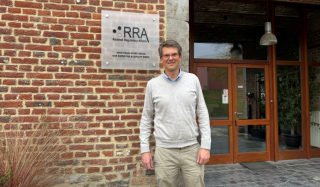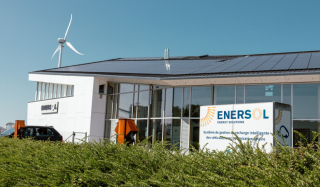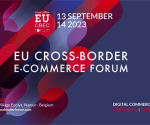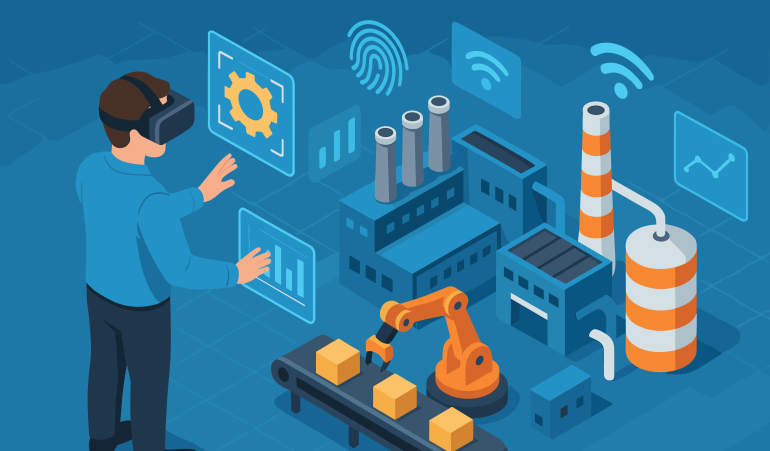
The Nordic countries are fertile ground for the development of tomorrow's industry. Driven by a culture of innovation, increasing access to clean energy, and innovative technologies, these countries were early to set carbon neutrality targets. Here is a closer look at the advantages that characterize the Nordic markets of Industry 4.0.
Nordic industrial markets
In countries like Denmark, Finland, Iceland, Norway, and Sweden, there is first and foremost a green industry driven by policies aimed at accelerating the reduction of greenhouse gas emissions. The green industry also guides developments towards decarbonization, the circular economy, and the use of renewable energy in industrial processes. Then, of course, there is technology and innovation, as these countries invest heavily in R&D, particularly in areas such as automation, artificial intelligence, robotics, circularity, and sustainability. Digital transformation is also very present, with Industry 4.0 already well established, smart factories, and connected production lines. Finally, there is a skilled workforce, thanks to a high level of education and technical expertise.
Stakes and Challenges
Nordic markets, however, face significant challenges, notably the transition to a decarbonized heavy industry (in the metallurgy, cement, and chemical sectors), maintaining their technological and competitive edge, strengthening professional skills, as well as the widespread adoption of advanced technologies. More specifically, the processing and manufacturing industries face several challenges ranging from materials, technologies, and energy, to the efficient development of new processes and effective collaboration between different sectors, namely industry/research/European projects and innovative projects.
Wallonia Export & Investment Agency’s Industry 4.0 Mission
In collaboration with WBI and the MecaTech Hub, Wallonia Export & Investment Agency is organizing on December 2-3 in Liège an invitation for Nordic actors/decision-makers from the manufacturing and processing industry. The Nordic countries represented on this mission are Denmark, Finland, Iceland, Norway, and Sweden.
The challenge for Wallonia and its companies is to understand the specific needs of these markets, identify potential synergies, and propose concrete solutions to meet the ambitions of a more sustainable, connected, and efficient industry.
The initiative targets not only trade exchanges but also collaborations in innovation. 25 Walloon companies will be present and will be supported by 15 Walloon researchers and about twenty Nordic entities such as clusters, companies, research institutes, and universities. Strengthening synergies between Nordic representatives and Walloon companies will be achieved through B2B meetings, identification of potential partners, targeted contacts, and the exploration of the Nordic market and its strategic potential. The sites visited by the delegation, all based around Liège, include Safran Blades, CRM Group, Cilyx and Sirris laboratory.
A workshop on EU Programs will present 4 parallel sessions: Hydrogen, Advanced Manufacturing, Data Management, and Advanced Metal Recycling.
The Walloon companies participating in the buyers' invitation, including GDTech, Synerglass-soft, Synthetis, Peps-engineering, Agc-glass, Vivansa and v2i, offer innovative solutions to meet the industrial challenges of tomorrow. Their expertise covers, among other things, materials, immersive technologies, intelligent systems, data, and manufacturing processes.
More information on the Nordic industrial markets in the document below.
